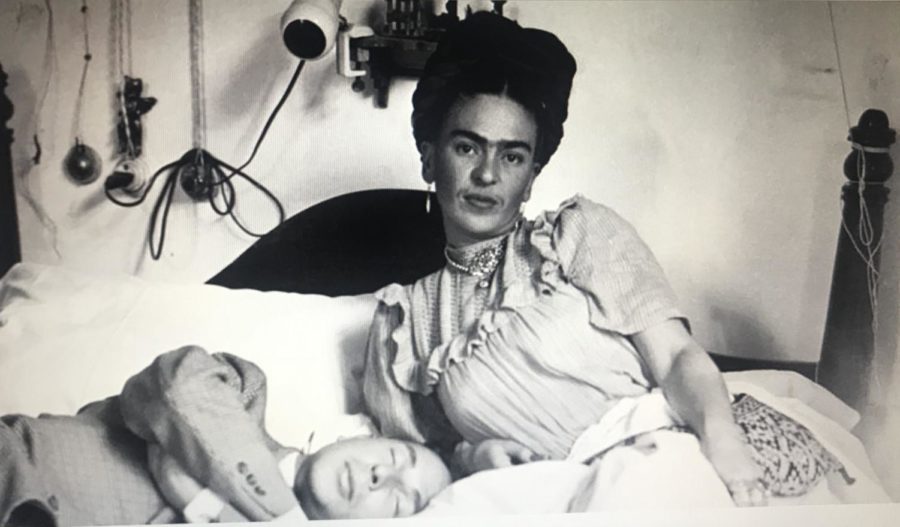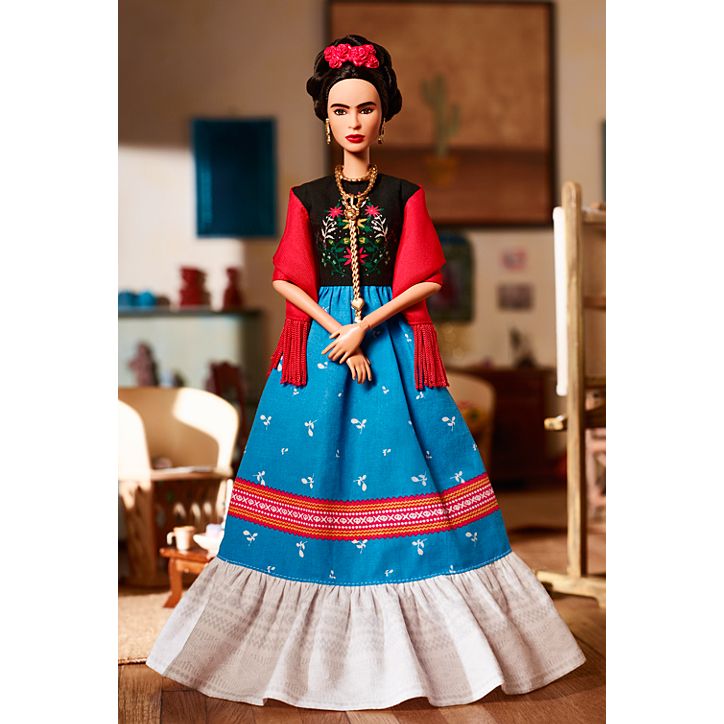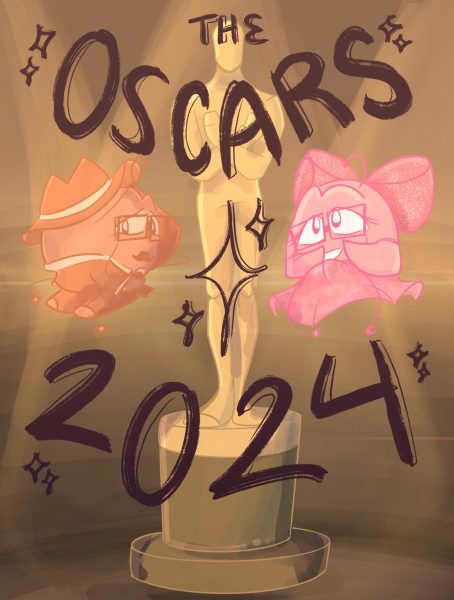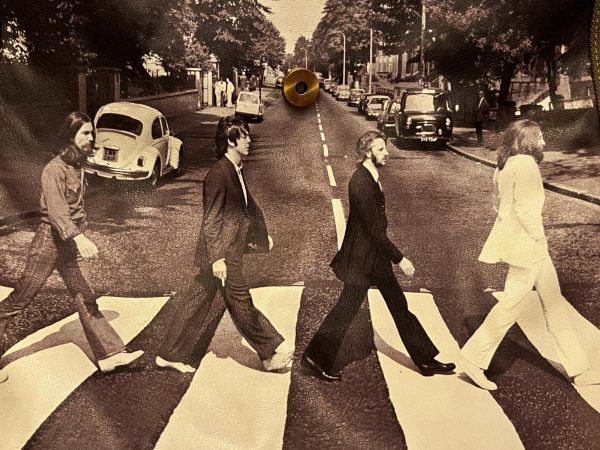Frida Khalo Barbie Doll Controversy
March 23, 2018
Recently Barbie released an “Inspiring Women” doll series that included Amelia Earhart, Katherine Johnson, and Frida Khalo and 14 other inspiring women. Despite the changes Barbie has made in the past eight years, they missed the mark on their Frida Khalo doll. Frida’s current great niece, Mara de Anda Romeo spoke out about the missing details missing from her aunts appearance. Some missing details are Frida’s infamous prominent uni brow, darker skin and eye color.
Romeo only asks that the appearance of the doll be changed to a more accurate representation of her aunt. The importance of this change means a great deal to those who have grown up loving and learning from Frida Khalo’s creativity and strength. For the Mexican culture that lives in both the United States and Mexico an inaccuracy may not hit home to some adults but there’s an importance to getting this right for young Latino girls, or any person of color.
For centuries people have only ever seen non people of color represented in movies, television, and literature. The importance of representation today has grown immensely and getting the image of Frida Khalo holds a mass amount of significance towards young Latino girls. Seeing your color and culture represented positively on and off screen is an importance that shows that multiple lives are being accepted and seen.
Julian Ramos shares his opinion on the Frida Khalo doll controversy, “I think that the Barbie company should listen to Frida’s family’s terms because it’s her family and it’s their right to choose what they want. They should keep the doll though because it’s a really good role model for young girls because she represents strong female femininity. If other young girls are exposed to Frida Khalo they’ll question who she was and learn about her accomplishments.” He also says, “I think we need this doll now more than ever because of the sexual harassment that have been exposed, she’s a representation of what it means to be a strong women in a male dominated world.”













